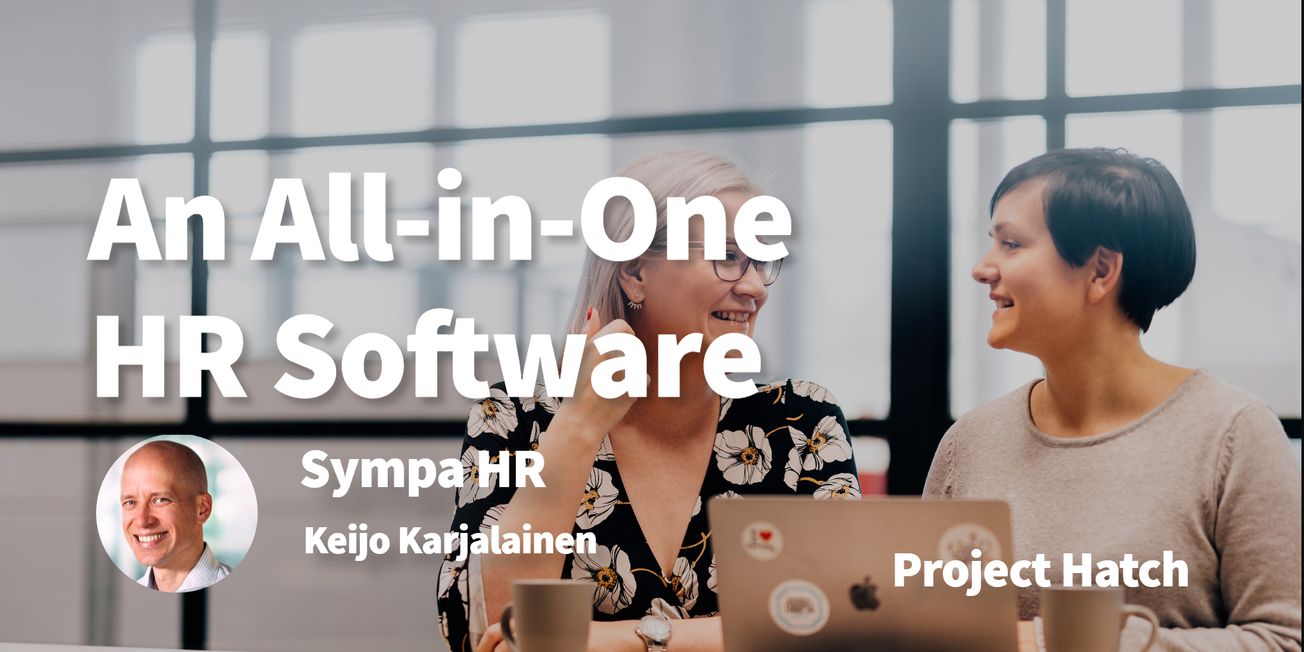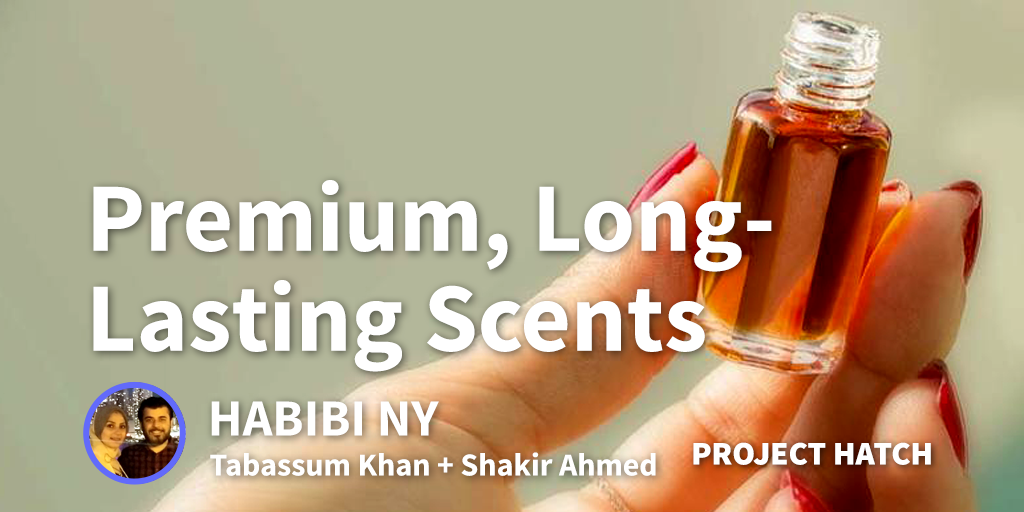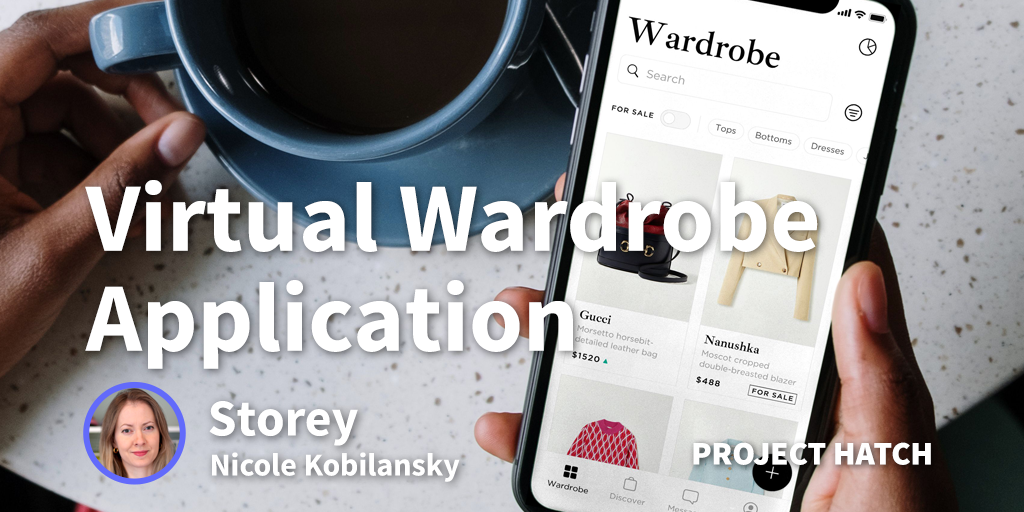I came from an entrepreneurial family and my dad is a business consultant who worked with many SMEs in Finland. He built a tool that helped organisations map the competencies of their employees - if your company understands the skills its workforce has (and lacks) you can hire, train, and deliver client work more efficiently. He has remained an advisor to this day, but he has never told us what we can and can’t do - he has supported and inspired us at every step of our journey.
In the early 2000s, right about the time I was studying for my Master’s degree in IT, Finland was going through a crazy IT-boom. However, that soon collapsed, meaning there were no more junior positions with crazy good salaries available for IT students. So I decided to become an entrepreneur.I completed my studies in the early 2000s and I believed in what my father had built, butI also needed help selling it to companies. That’s why in 2005, I founded Sympa with my sister Taina - a very good salesperson with great business acumen.
We started trying to sell this tool to HR departments in Finland, but we realised after meeting a couple of prospective clients that most companies lacked the internal infrastructure required to capture even very basic HR information such as headcounts or sick leave data. We needed to help them build this base first, then we could offer more sophisticated solutions on top of this.
How did you fund the idea initially?
I bootstrapped Sympa in its early days and worked hard to ensure that every decision was scalable and, most importantly, profitable. Cooperating with some Nordic partners helped us to accelerate our growth and provide scalable customer implementations that were profitable from the beginning.
The company has however received some investments from Nordic growth investor Alfvén & Didrikson, who has invested twice in the company, once in 2016 and the other in 2018.
Who is your target demographic?
We wanted to focus on the problem - not the technology - from the very beginning. Once we understood the challenges HR professionals faced, we worked on building a product that would bring direct value to their company immediately. If you’re doing something truly new and innovative, there’s going to be a time where figuring out the market “sweet spot” isn’t always obvious. Sometimes it requires a bit of a gamble. If you succeed or fail, you will have learned many valuable things along the way.
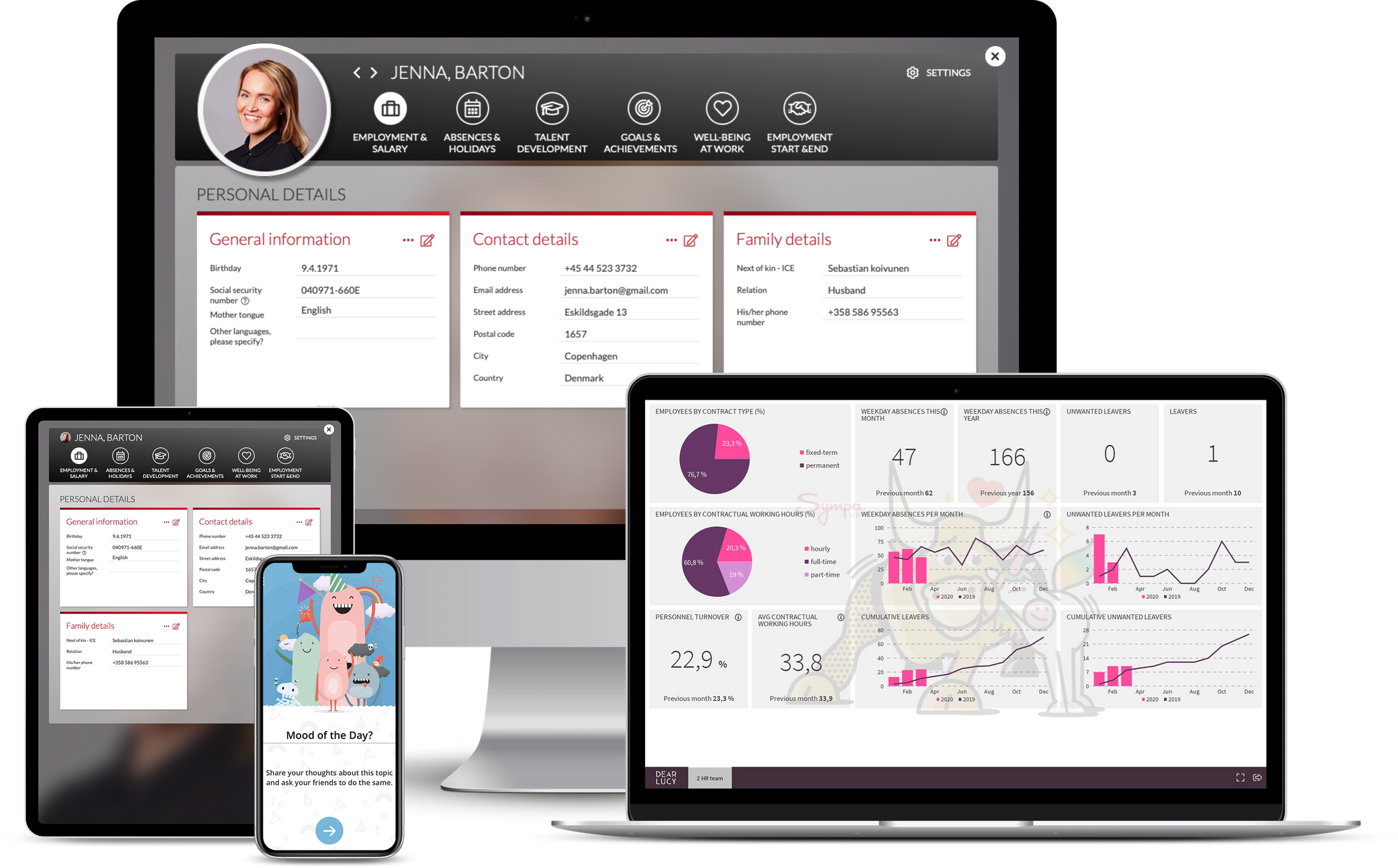
Our thinking is that a solution that offers only tools and capabilities is not enough - you also need guidance on how to best use these tools to benefit your business. That’s why we have built an award-winning team of world-class experts in HR implementation projects.
How did you fund the idea initially?
My father and sister have been incredibly important in getting Sympa off of the ground. I’m forever grateful to them for their passion, trust, and often quite frank feedback! My passion for people combined with the sales acumen of my sister and my father’s business experience was a valuable early lesson for us in building teams of different people with different talents and personalities.
In the beginning, we were growing from 10 to 20 people overnight, and suddenly there was no possibility for everyone to be on top of every single decision. Finding your first employees for a family-owned business such as Sympa is like looking for brothers and sisters: you need to make sure that they have the same entrepreneurial drive and mindset as you, while also caring about the needs of the customer and putting them first.
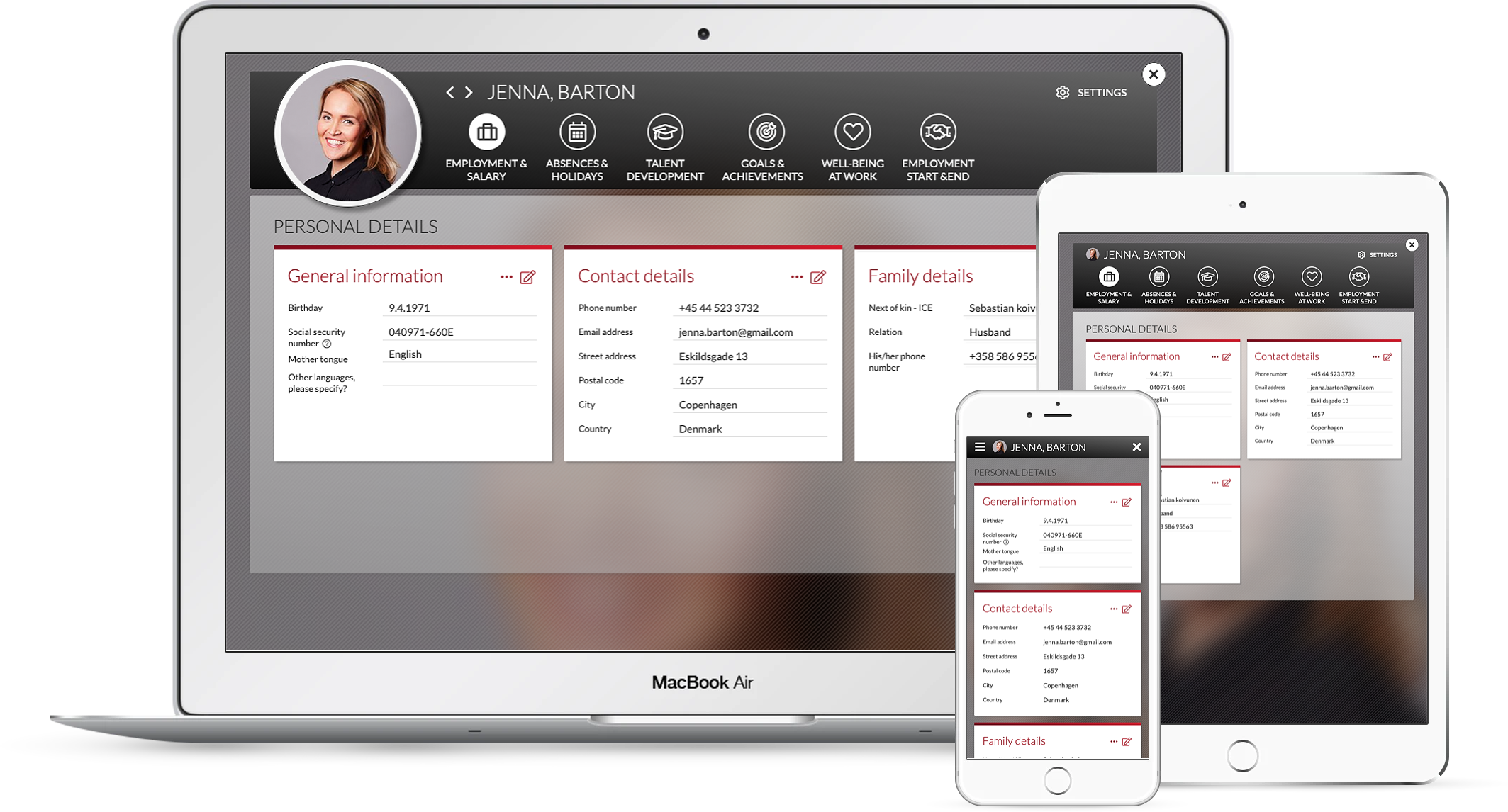
My family has been a part of the story from the very beginning but my friends have told me that they had known I won’t be a corporate guy, so I needed to have a business of my own.
Do you have any advice for someone just starting out?
For someone just starting out, my advice is fourfold:
- Build your solution for a customer, not for a particular market. Scaling becomes a real issue if your entire solution only works for its home market, then has to be adapted each time you enter a new place. Equally, work with the best people, wherever they are, right from the beginning. An international team will help you think globally from an early stage.
- Ensure your product or service is scalable from the get-go. Can your solution grow with your customers? Can you meet demand easily? These are important questions to nail early on.
- Don’t lose your long-term goals and belief in what you can do. Picture yourself with 10 of your happiest customers in 10 years - think of how much joy and help you have brought to these people and organizations.
- Create value fast. If the client finds value and you find profit right from the beginning, you can build long-term customer relationships and retain all your clients. Yes, you can burn money when needed, for instance, when you open up a new country, but when you close a deal, it must be highly profitable for you.
What has driven the most sales?
In 2005, it was cold calling and direct sales. Then there were events. Nowadays, since we have a high-touch sales model, it has a lot to do with SEM and Linkedin marketing and polished sales and marketing processes.
How do you protect yourself from competition?
Constantly developing and co-developing the solution together with your customers helps us to stay ahead. They have the knowledge, insights, and experience to see where the market is heading and what is needed in the future. Striving to make them happy and discussing their ongoing and future needs is crucial.
What are the top 3-5 apps your business could not run without?
Previously, it was my dad’s competency mapping tool - that was the foundation on which we developed our full Sympa HR suite. Lately, we’ve also partnered with Microsoft, so Azure and the rest of their tech stack.
What are your favourite books?
This is always a tough question as there are so many. If I had to narrow it down to one book right now, I would have to say The Sales Acceleration Formula by Mark Roberge.
What is current revenue? If you don’t mind sharing
We’re very pleased to have just recorded year-on-year sales growth figures of 45% outside of our home market in Finland, and our current annual revenue has just passed €10 million. Our software is currently used by more than 700 organizations in over 100 countries, with an average use of 650,000 times every month. Our ultimate aim in everything we do is to exceed our customers' expectations and keep them satisfied - all the while remaining profitable and having fun. Our culture has been a key driver of our growth, and we’re the fastest-growing company of our kind in Europe. The future looks bright!
| Company Name: | Sympa HR |
|---|---|
| Founder: | Keijo Karjalainen |

